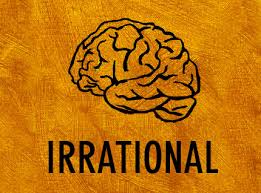- Home
- Counseling and Know-how
- Predictably Irrational: The Hi ...

Ariel’s apology of behavioral economics is a must read to get confident with the biases and the predictable irrationality of human decisions when faced with choices that should lead to a rather precise yet escaping ending within the framework of rational economics.
What Ariel proposes is that neoclassical economic theory, which has nonetheless undeniable advantages and credits, be extended with the numerous and rather discomforting yet predictable behaviors that humans perform in given settings routinely, so to help shape up better reforms, institutions and instruments for most aspects of life.
Relativity, endowement, free-of-charge products, sexual arousal, arbitrary coherence, placebo and price effects, and cheating away from money are some of the topics discussed with reference mainly to experiments performed by the author and colleagues, under the shadow of earlier works and interpretations by Kahneman, Seligman and others. The reader is confronted with several routine situations where actual choices can be very different from what a perfectly rational approach would require. The recurrent bottom line is that such human behaviors are repeatable and thus predictable to a large extent though they appear to be not rational (in the sense of maximal profit gain for the subject).
The add-ons introduce several interesting considerations on the actual financial crisis (particularly as related to learned helplessness) from the behavioral economics perspective, which round up this well written, compelling and at times entertaining book.
Best quote: “Think how harder physics would be if particles could think” [Murray Gell-Mann].








